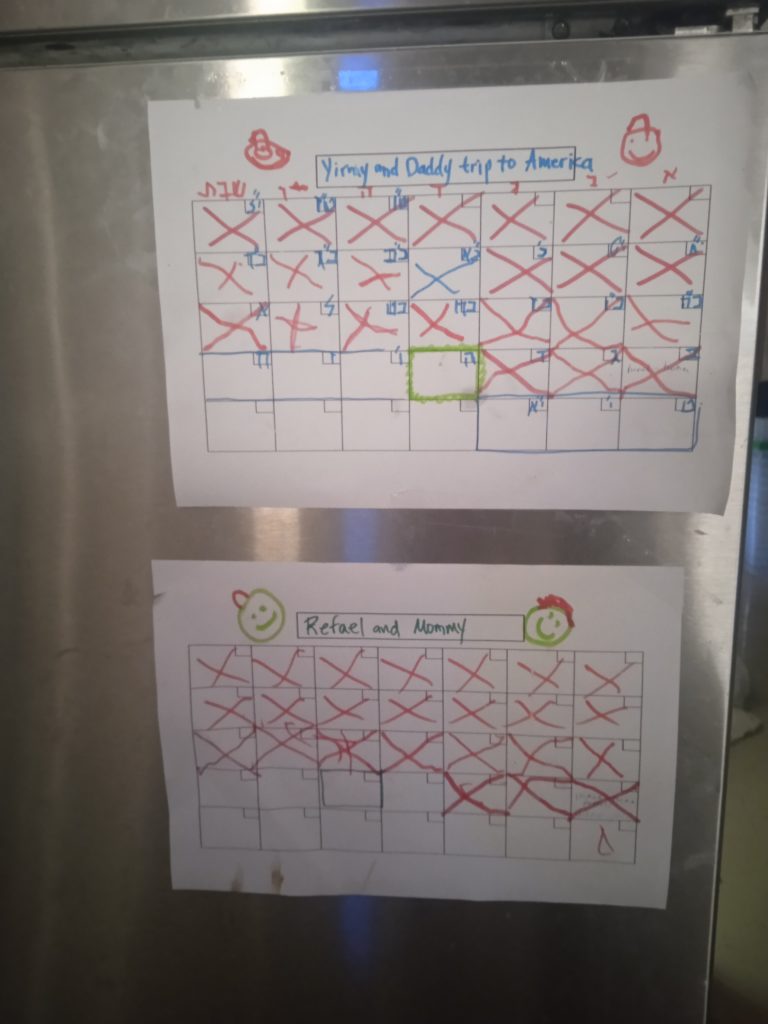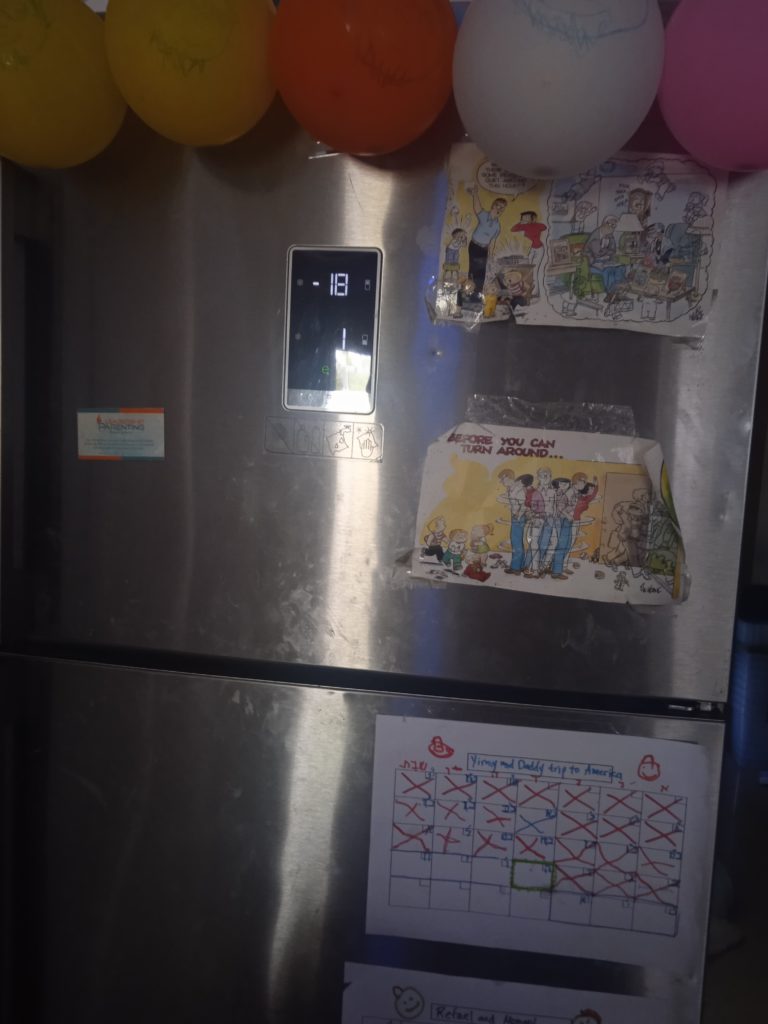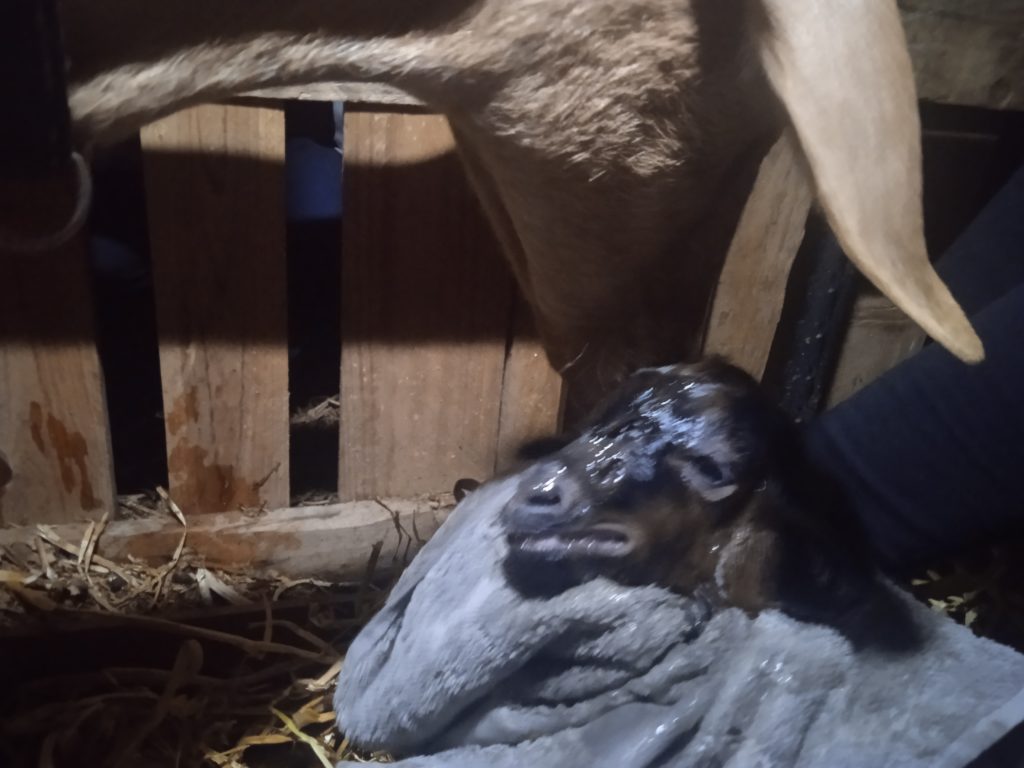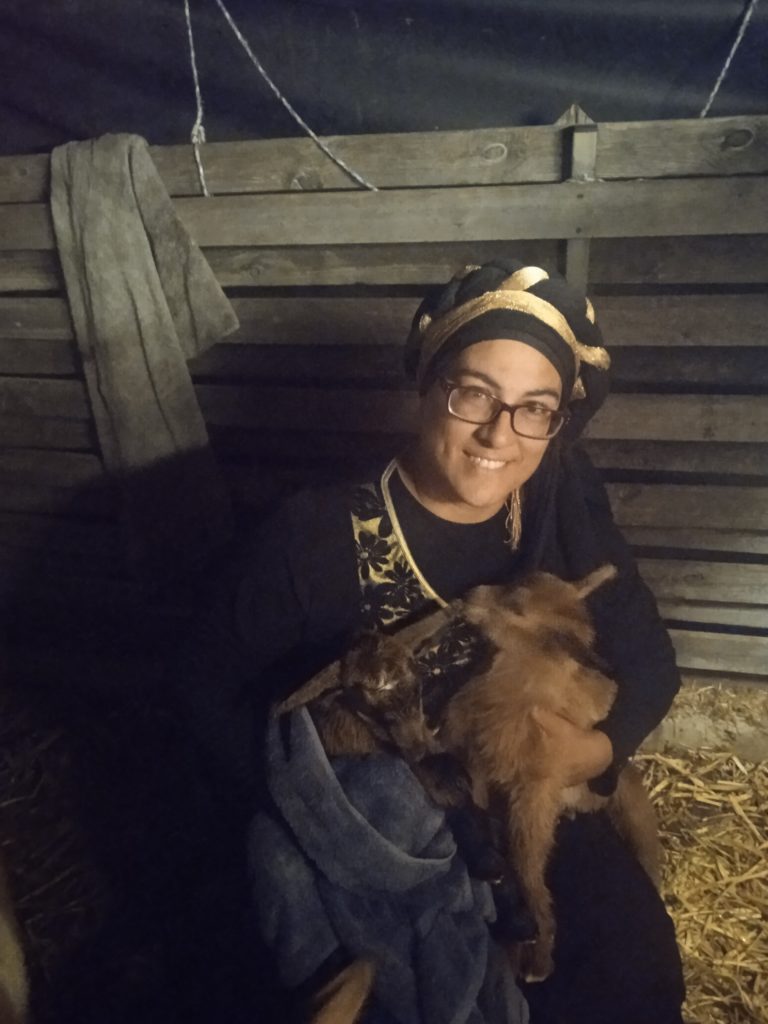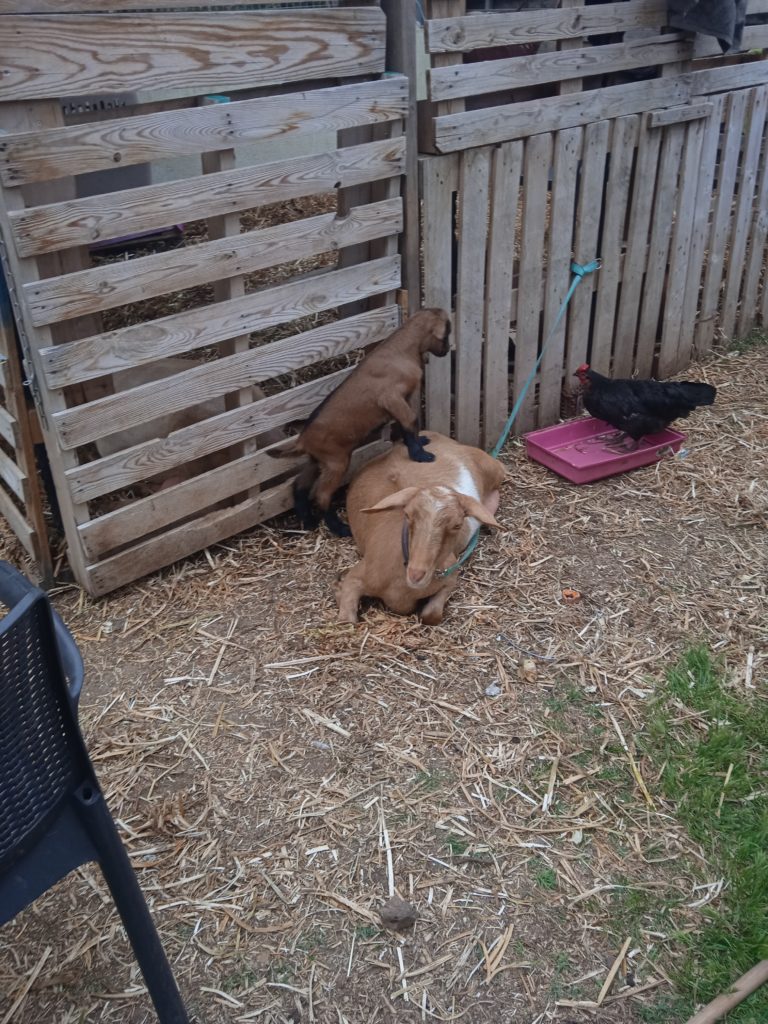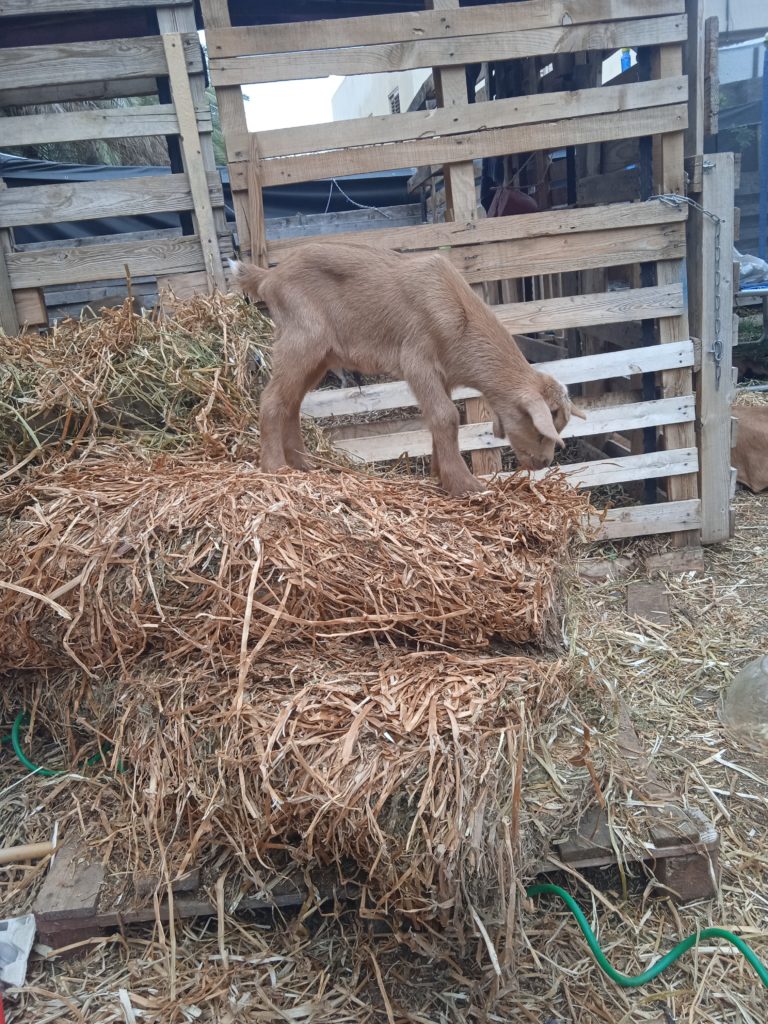There’s a lot that’s been going on behind the scenes and I’ve debated mentioning it or not, because it’s possible nothing will come of it. I’ve decided to share our process of being approved for foster placements, and wherever it leads us, it leads us. If I wait until everything is settled to share about this, I’m likely to forget lots of the details and to be too busy with whatever stage we move into to write retroactively about our experience.
Brief background recap: A couple of months we were approached about fostering a young boy, who has a sister for whom a placement was found in Yavneel. The hope was to find two families in the same area to take each of the siblings so they could maintain a relationship. We initially said no, then went back for more information. After much discussion, we offered to take both five and a half year old twins, which so much took them aback that they thought we had misunderstood their request was to take just one.
Once we agreed, I expected that things would move much faster than they have, but there have been an unusual amount of delays in moving this situation forward. After seeing all of this unfolding, I have so much sympathy for social workers who have to work within this incredibly inefficient system. I can see how frustrating and difficult it must be for them.
Weeks ago, our first home visit was cancelled a day or two before it was supposed to take place. The necessary pieces weren’t coming together, despite lots of effort and advocacy and even heavily leaning on legal authority (by social workers, not me – I mostly sat back and let things unfold as Hashem wanted). At this point, the school and transportation have been arranged, which was necessary to have in place before they would come to our home to check us out.
And so, today we finally had our home visit, a critical step to be approved for fostering specific children.
Since my husband flew to the US yesterday, the meeting was between me and four social workers: our social worker, the head social worker of the foster care agency, the social worker representing the parents, and the social worker representing chok noar from the parents’ area in the north (I don’t know what the equivalent in the US would be – literal translation is ‘Youth law’).
They were here for two and a quarter hours. My expectation was that they would be very interested in seeing our home. They were, but that was the secondary goal. Most of the focus was on getting a sense of who I am, to know who will be raising the children. As they told me, these children have experienced a lot of trauma and they want their placement to be successful.
The conversation jumped pretty quickly into what some would consider challenging conversation. Basically, I was told there were very difficult behaviors involved and asked what made me think I could handle them. (My social worker later expressed concern on how this had been for me, but I recognized the concern that was behind the questioning and it didn’t bother me at all.)
I was interested in how the temporary foster home is dealing with it, so I redirected that first somewhat edgy line of questioning and asked. I was told that they’re not dealing with certain behaviors at all. I learned more about the current foster family, which was something important for me to know since I want to understand as much as possible where the children are coming from and what they’re used to.
I told her honestly that I have concerns about the challenges, that I’m sure that there is much more trauma than what we’ve been told about and that the behaviors will be worse than we were led to believe (the social worker concurred that this is likely), and that I hope we have the ability to support them. I also later told two of the social workers that I’ll make no long term commitments and if I feel that the safety of any of my children is being compromised by these children, the needs of the children I already have will take priority.
We went on to discuss our family, our approach to parenting and lots of other stuff. It was an interesting and positive conversation.
I was told that they had already checked our family out with various people, and gotten glowing feedback. I had no idea when I was interacting with various people in the local education department over the last three years that they’d one day be telling social workers their opinion of me. That was a pleasant thing to hear.
We ended with a quick tour of our home. Two of the social workers had to cut it short since they had another appointment, so they only looked at the first floor of our home. One told me the most important thing is that they see the room where the children would stay. The other two stayed to see the entire home, which I think is good because it gives a fuller and more accurate picture of our accommodations.
The next step will be to go back to court and petition for the children to be placed with us. I then learned that a country-wide search to find other foster families that were willing and able to support these children has already been done but no other family is available. This search needed to be done because of the opposition of the legal advocate/court representative, who wanted a family who isn’t living in Yavneel (I was told there’s a negative association with this area), isn’t charedi (because the bio parents aren’t religious), and is living in close proximity to a suitable school (so they don’t have to travel to school).
I was told it can take between a week to a month for this to come to court. However, it seems likely it will be closer to a week. If there is court approval for a placement in our family, then we’ll begin the transition stage in which we and the children begin getting to know one another over the course of several meetings.
While the further we go with this process, the more likely it is that the placement will be made, no one will make any assurances or predictions of what will happen. We’re making no assumptions, and wait and see continues to be our position.
Avivah
